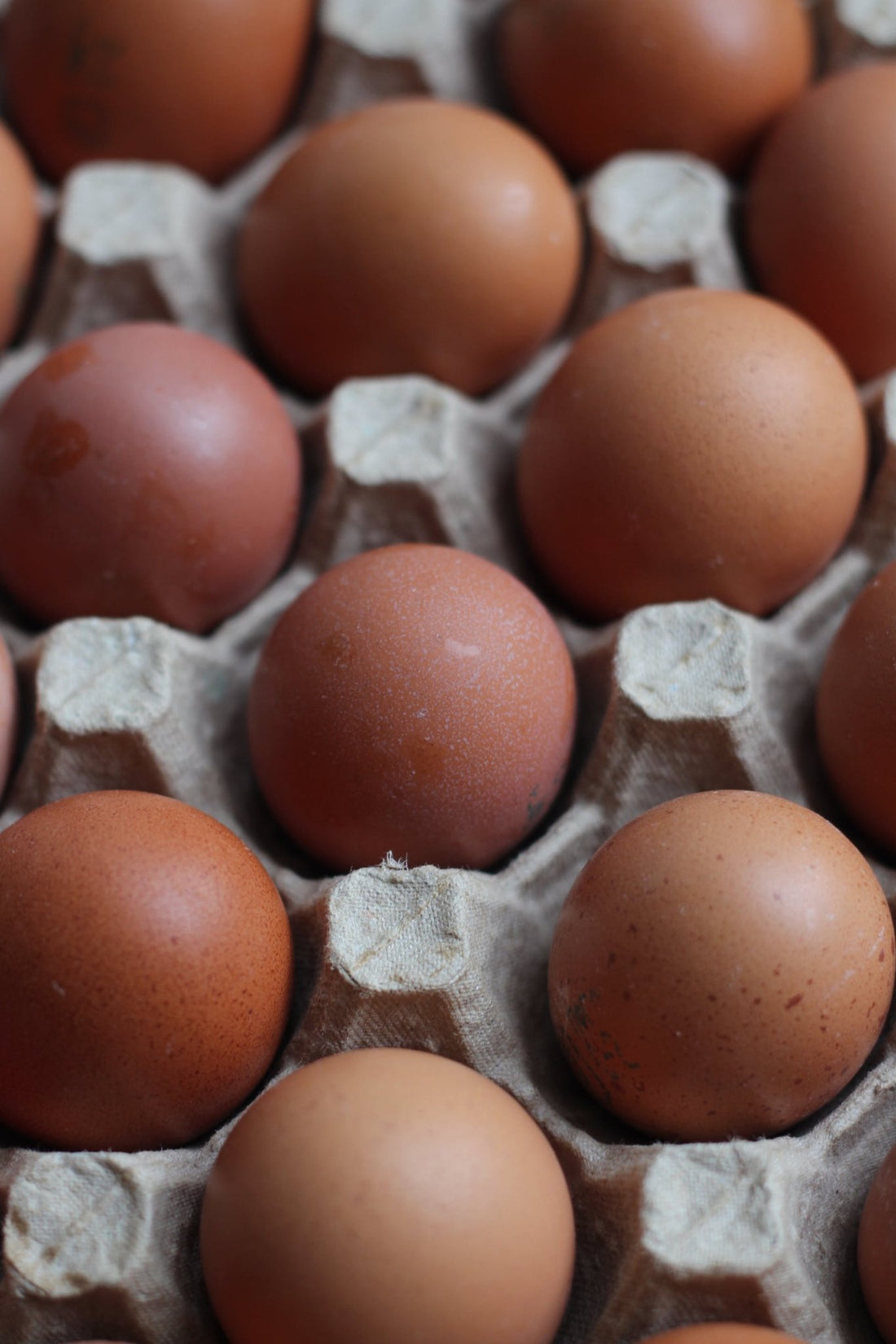Eggs are a staple in many diets around the world, appreciated for their nutritional value and versatility. However, the process of egg production, particularly in industrial settings, often hides a less palatable truth - the plight of layer hens. This article aims to shed light on the darker aspects of egg production.
The Reality of Industrial Egg Production
Overcrowding in Battery Cages
One of the most significant issues in industrial egg production is the use of battery cages. These cages are often so small that hens cannot spread their wings or engage in natural behaviors like pecking, dust bathing, or nesting. Overcrowding can lead to stress, aggression, and feather pecking among hens.
Lack of Natural Light and Fresh Air
In many large-scale egg production facilities, hens are kept indoors 24/7, with artificial lighting used to maximize egg production. The absence of natural light and fresh air can have detrimental effects on the hens’ physical and psychological well-being.
Selective Breeding and Physical Alterations
Layer hens are often selectively bred to maximize egg production, sometimes at the expense of their overall health. This selective breeding can lead to physical problems such as osteoporosis and bone fractures due to the high demand for calcium to produce eggshells. Additionally, practices like beak trimming, done to prevent harm from aggressive pecking in close quarters, can cause pain and long-term discomfort to the birds.
Health and Welfare Concerns
Stress and Behavioral Issues
The conditions in industrial egg farms can lead to high levels of stress among hens. This stress is often manifested in abnormal behaviors like feather pecking, cannibalism, and extreme fearfulness. The lack of ability to perform natural behaviors contributes significantly to the poor mental health of these birds.
Health Problems
Layer hens in industrial settings often face numerous health challenges. These include respiratory problems due to poor air quality, injuries from the cages, and illnesses that spread quickly in cramped conditions. The excessive laying also takes a toll on their bodies, leading to conditions like egg binding or prolapse.
Environmental Impact
The large-scale egg production industry also has significant environmental impacts. The concentration of a large number of birds in one place leads to issues like air and water pollution from the high volumes of manure produced. Additionally, the energy used to maintain these facilities and the resources required to feed such a large number of birds contribute to a considerable ecological footprint.
Ethical Considerations
The conditions that many layer hens endure raise serious ethical questions. Animal welfare advocates argue that these birds are sentient beings capable of suffering and deserve to be treated with respect and compassion. The move towards more humane egg production methods is not just about improving the conditions of the hens but also about aligning farming practices with broader ethical principles regarding animal treatment.
The Shift to More Humane Practices
Free-Range and Organic Systems
There is a growing movement towards more humane egg production systems, such as free-range or organic farms. In these systems, hens typically have more space, access to the outdoors, and opportunities to engage in natural behaviors. While not perfect, these systems represent a significant improvement in terms of animal welfare.
Consumer Awareness and Choice
Consumers play a crucial role in driving change in the egg industry. By choosing eggs from more humane sources, consumers can encourage better practices in the industry. Understanding egg labeling and the standards behind them is key to making informed choices.
Advocacy and Legislation
Advocacy for better conditions for layer hens is also crucial. Various animal welfare organizations work tirelessly to raise awareness and push for legislation that ensures higher welfare standards in egg production. These efforts include campaigning for the banning of battery cages, promoting more humane alternatives, and advocating for clearer labeling on egg cartons to help consumers make informed decisions.
The Road Ahead
While there are significant challenges in the egg production industry, there is also a growing recognition of the need for change. Innovations in farming practices, coupled with increasing consumer demand for ethically produced eggs, are slowly transforming the industry. It's a complex issue, but every step towards more humane egg production is a step towards a more ethical and sustainable food system.
Understanding the dark side of egg production is essential for making informed choices about the food we consume. While the plight of layer hens in industrial settings is a cause for concern, the growing awareness and demand for humane practices offer hope for a better future for these birds. As consumers, we have the power to influence industry practices through our choices and advocacy, driving positive change for the welfare of layer hens and the health of our planet. 🐔🥚💚

